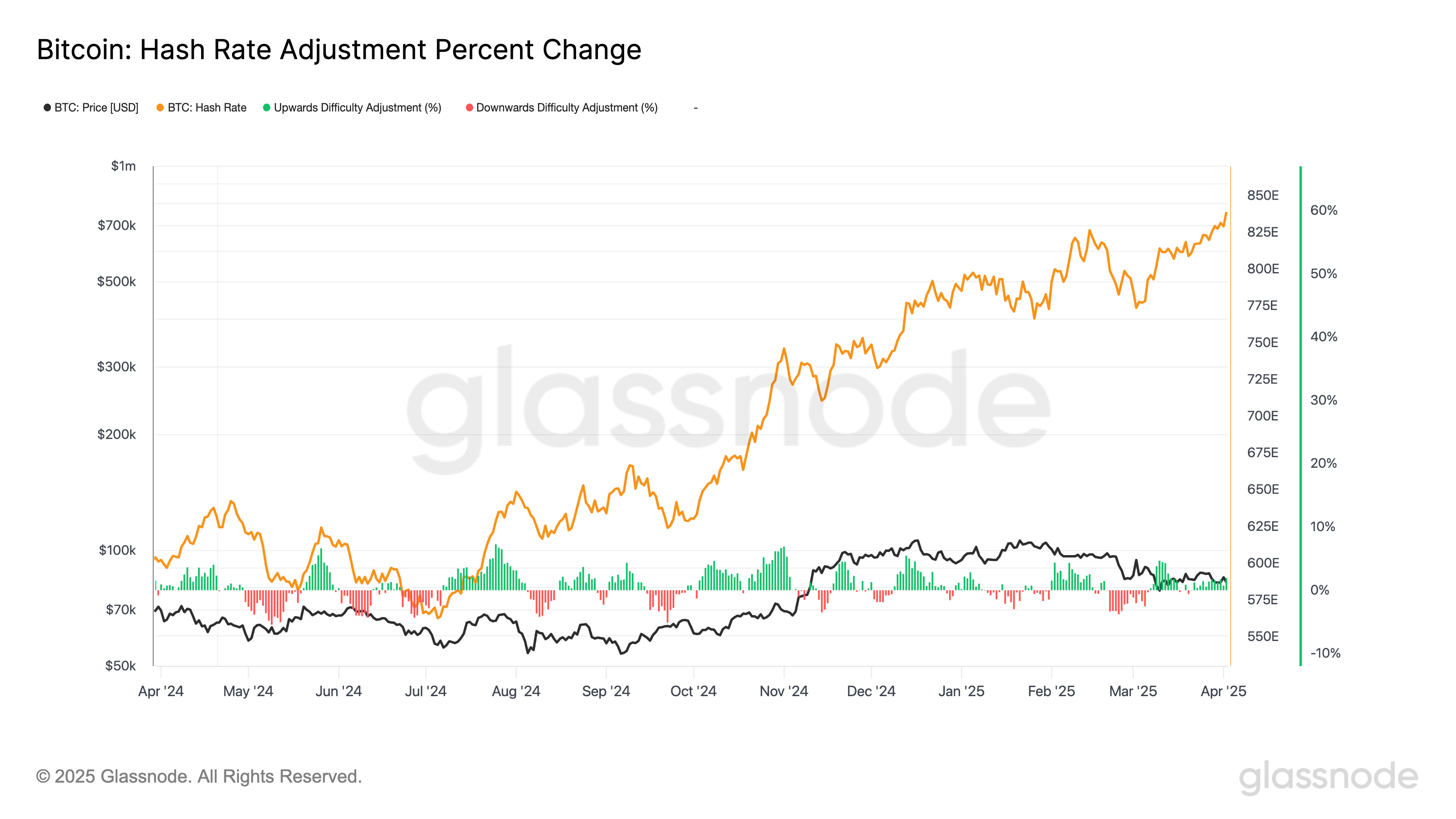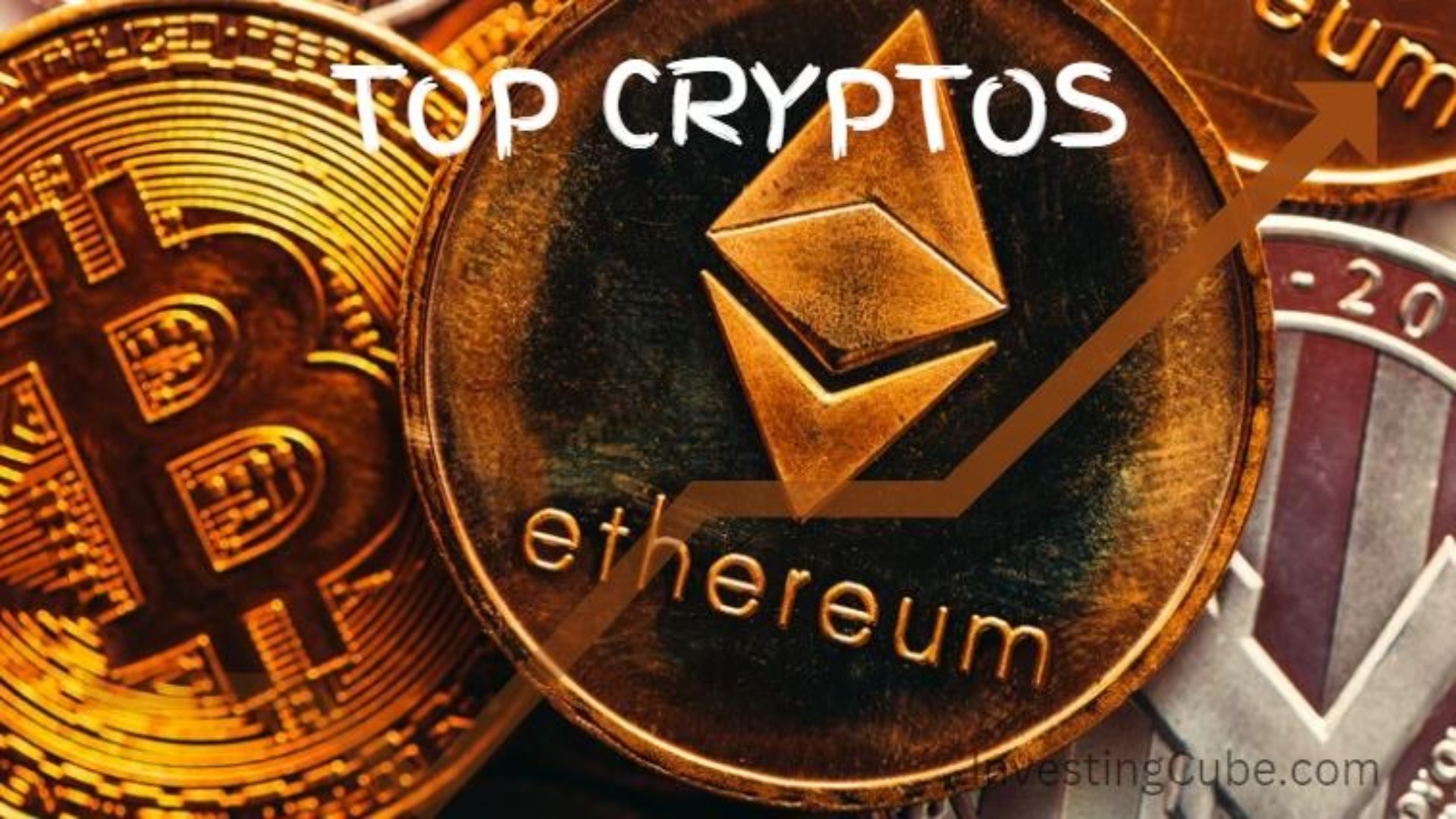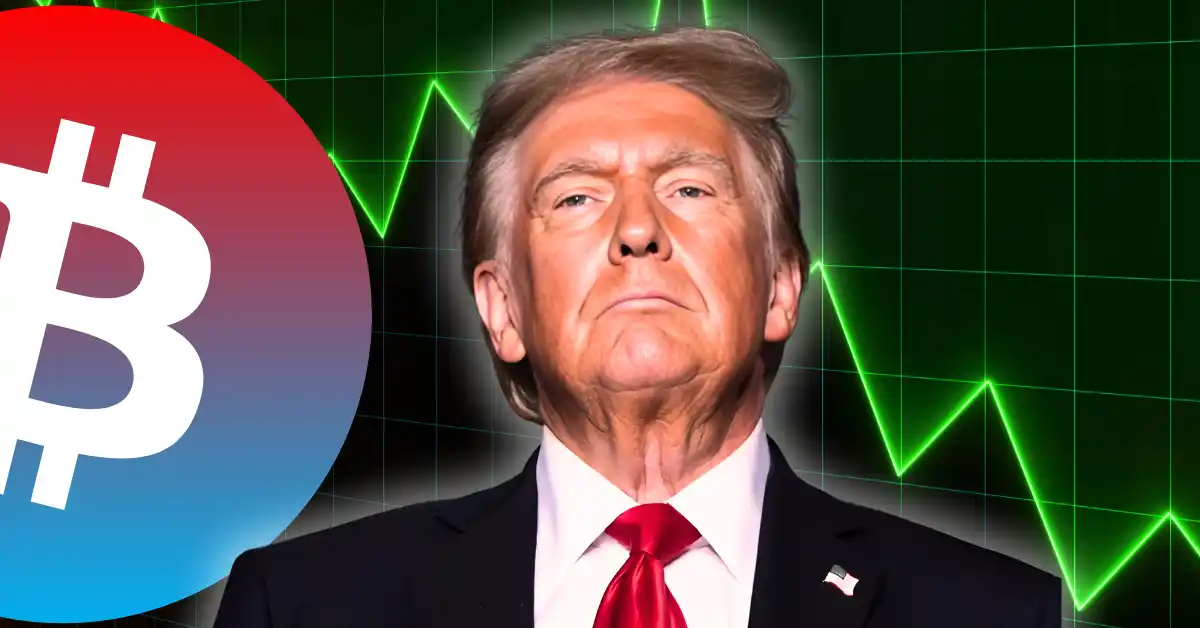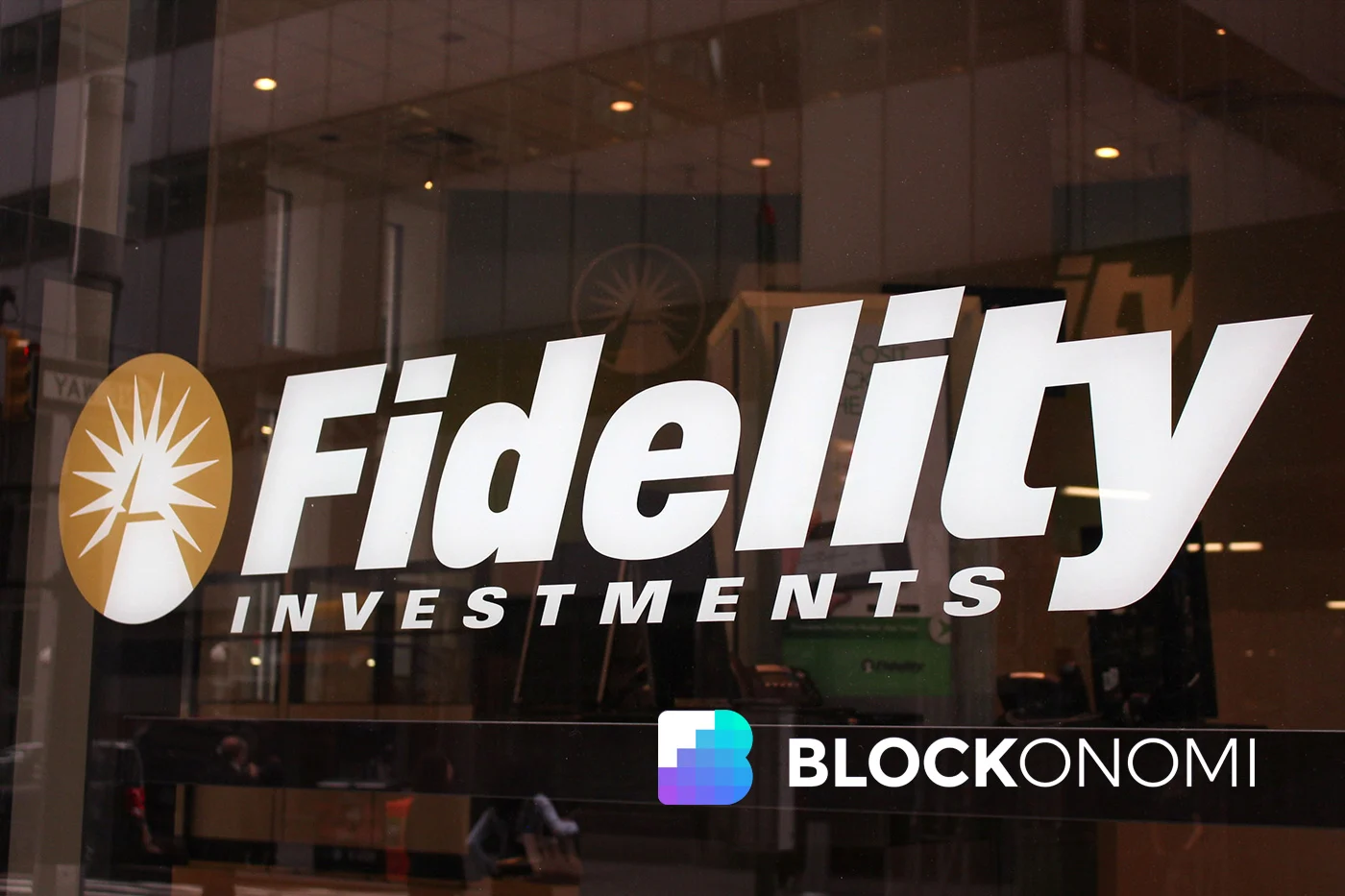Bitcoin’s Record-Breaking Hash Rate: A Double-Edged Sword
The world of cryptocurrency has been abuzz with excitement as Bitcoin’s hash rate continues to break new records. But with great power comes great responsibility, and the current state of Bitcoin’s network has raised some concerns about its long-term sustainability. Let’s delve deeper into this intriguing conundrum.
What’s the Big Deal About Bitcoin’s Hash Rate?
Before we explore the potential issues, let’s first understand what we mean by Bitcoin’s hash rate. In simple terms, it refers to the number of calculations per second that the Bitcoin network can perform to validate transactions and create new blocks. A higher hash rate makes the network more secure against potential attacks, as it would take a significant amount of computational power to manipulate the blockchain.
The Dark Side of Record-Breaking Hash Rates
While a high hash rate is essential for Bitcoin’s security, it also comes with a price. As more miners join the network to compete for rewards, the overall energy consumption increases. This is a major concern for environmentalists, as Bitcoin’s estimated energy consumption is now on par with that of some countries.
Moreover, the increasing competition among miners has led to a race to the bottom in terms of transaction fees. Miners prioritize transactions with higher fees, leaving those with lower fees to languish in the mempool (the pool of unconfirmed transactions). This results in longer confirmation times and a less-than-ideal user experience.
Empty Blocks: A Harbinger of Trouble?
Another worrying trend is the increasing number of empty blocks on the Bitcoin network. An empty block is one that contains no transactions, and they are usually a sign of a network congestion issue. When the network is congested, miners may choose to mine empty blocks instead of filling them with transactions, as they can still earn the block reward.
The implications of empty blocks are far-reaching. They can lead to increased transaction fees, longer confirmation times, and even potential double-spending attacks. Furthermore, they can discourage new users from joining the network due to the suboptimal user experience.
Impact on Individuals: Higher Transaction Costs and Slower Confirmations
For individual Bitcoin users, the current state of the network can mean higher transaction costs and slower confirmations. This can be a significant issue for those who rely on Bitcoin for daily transactions or for businesses that accept Bitcoin as a form of payment. The uncertainty surrounding Bitcoin’s long-term sustainability can also deter potential adopters.
Impact on the World: Environmental Concerns and Regulatory Scrutiny
On a larger scale, the environmental concerns surrounding Bitcoin’s energy consumption can lead to increased regulatory scrutiny. Governments and environmental organizations may push for stricter regulations on Bitcoin mining, which could impact the profitability of mining operations and, in turn, the network’s security.
Conclusion: A Call for Action
In conclusion, Bitcoin’s record-breaking hash rate is a double-edged sword. While it strengthens the network’s security, it also brings about challenges in the form of increased energy consumption, empty blocks, and longer confirmation times. It is essential that the Bitcoin community comes together to address these issues and find sustainable solutions to ensure the long-term viability and accessibility of the world’s first decentralized digital currency.
- Encourage the adoption of renewable energy sources for Bitcoin mining
- Implement solutions to reduce transaction fees and improve confirmation times
- Encourage the development of layer 2 solutions, such as the Lightning Network, to improve scalability
- Collaborate with regulators to find a balance between environmental concerns and innovation
Together, we can turn the challenges facing Bitcoin into opportunities for growth and innovation. Let’s work towards a future where Bitcoin is not just a store of value, but a truly accessible and sustainable global currency.





